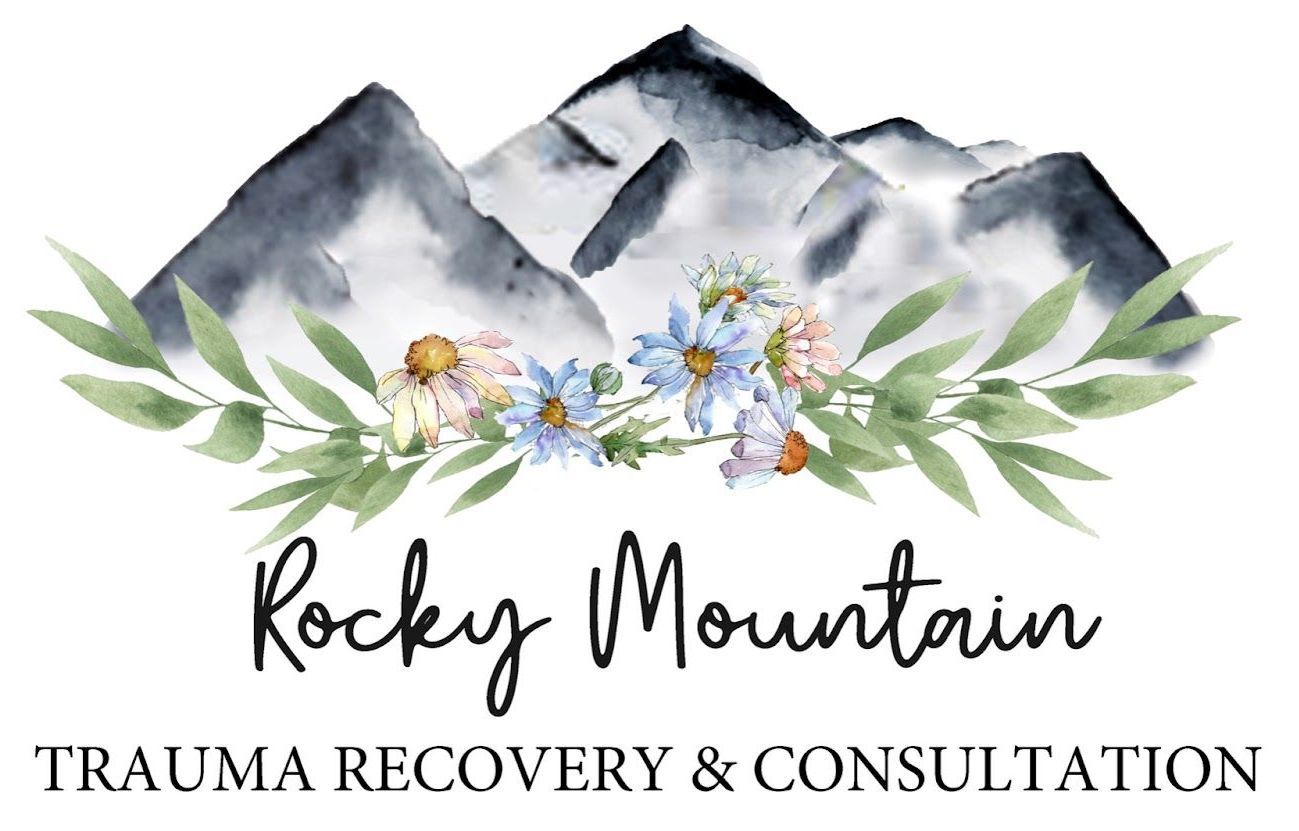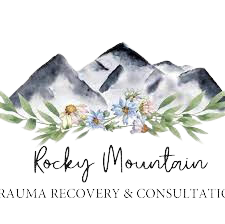CPTSD Treatment
Based in the heart of Utah County, Rocky Mountain Trauma Recovery & Consultation is a trusted name for comprehensive mental health services. One of our areas of specialization is treating Complex Post-Traumatic Stress Disorder (CPTSD), a condition that can make every day feel like an uphill battle. If you're living with CPTSD, know that effective, empathetic help is available right here.
Complex PTSD is distinct from its better-known counterpart, PTSD, in its origin and symptoms. While PTSD is often triggered by a single or a limited number of traumatic events, CPTSD usually arises from prolonged exposure to trauma, often beginning in childhood. Symptoms can be multifaceted, including persistent sadness, emotional detachment, and difficulty maintaining relationships. The condition can be overwhelming, but it is treatable.
At Rocky Mountain Trauma Recovery & Consultation, we employ a range of innovative treatment modalities to tackle the unique challenges posed by CPTSD. Our techniques include Internal Family Systems, Mindfulness, and especially Dialectical Behavioral Therapy (DBT), known for its effectiveness in treating complex trauma. Under the guidance of highly qualified therapists like Jennifer Sorensen, MA, LCMHC, we craft individualized treatment plans to help you develop healthy coping mechanisms, process traumatic memories, and build more fulfilling relationships.
As a cornerstone of mental health care in Utah County, our facility has been instrumental in transforming lives. Though we can't disclose specifics, it's worth noting that a large number of our clients report meaningful progress in their journey to mental wellness. They commonly express newfound confidence, emotional resilience, and improvements in their social interactions. The level of expertise and compassion we offer is often cited as a catalyst for these positive changes.
CPTSD is not a life sentence; recovery is within your grasp. When you're ready to make that transformation, Rocky Mountain Trauma Recovery & Consultation is here to assist you every step of the way. Click here to schedule a consultation, and let us help you move toward a brighter, more balanced life.
FAQ
-
How does CPTSD differ from PTSD?
CPTSD often results from prolonged exposure to trauma, such as childhood abuse, whereas PTSD can develop after a single traumatic event. Symptoms of CPTSD may include emotional dysregulation and negative self-perception, in addition to the symptoms commonly associated with PTSD.
-
What are the recommended treatments for CPTSD?
Evidence-based treatments for CPTSD include Dialectical Behavioral Therapy (DBT), Eye Movement Desensitization and Reprocessing (EMDR), and Cognitive Processing Therapy.
-
What is the role of the family in treating CPTSD?
Family support can be crucial in the treatment of CPTSD, and family therapy sessions may be recommended as part of a comprehensive treatment plan.
-
Are there alternative or complementary therapies for CPTSD?
While not a substitute for evidence-based treatments, some people find relief in alternative therapies like acupuncture, mindfulness techniques, and art therapy.
-
Does treatment for CPTSD involve confronting past traumas?
Treatment often involves addressing past traumas, but it's done in a controlled and supportive environment to help you manage your emotional responses better.
Connect with Us and Start Your Journey to Wellness
Contact Us
We will get back to you as soon as possible.
Please try again later.










